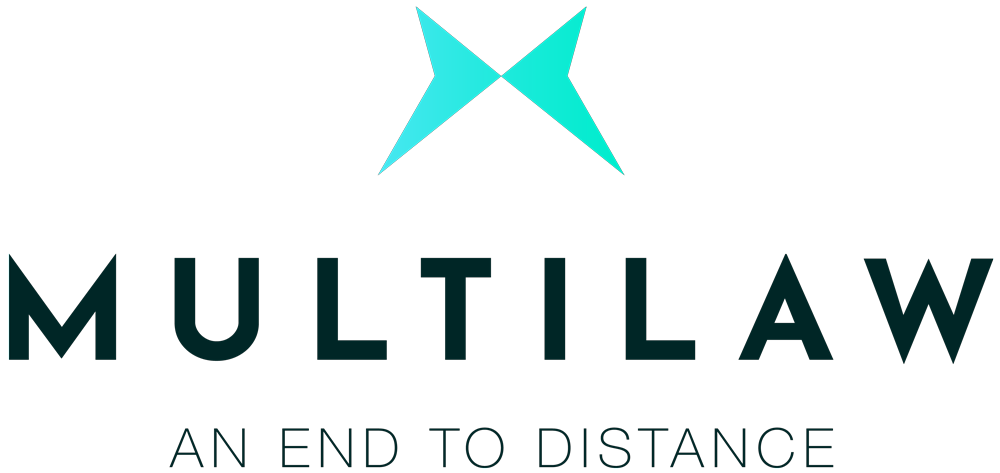SCHALAST | WE DO FINTECH
Financial technology makes it possible to improve traditional banking and finance products fundamentally and develop innovative, disruptive products from scratch that are precisely focused on the user's needs.

FinTech product development often takes place in a winner-takes-it-all market characterized by network effects, in which speed and agility are decisive for success.
FinTech companies and in-house FinTech teams are therefore dependent on legal advisors who have experience with fast go-to-market strategies also in the regulated sector and who launch prototypes (minimum viable products) and their continuous and data-driven optimization in a legally secure manner.
What is special about working with Financial Technology for us, in addition to simplifying internal company processes, is the opportunity to analyze customers’ needs much more intensively (gather inspiration), leave obvious and traditional solutions behind (disruption) in order to obtain innovative ideas (generate ideas).
We support our clients in developing prototypes quickly in order to understand and test what can be improved (make ideas tangible).
We continuously develop ideas together with our clients and constantly upgrade FinTech products with additional features (test to learn and evolve) - using financial technology, we make even complicated financial products understandable, tangible and credible for our clients' customers (clear, easy and intuitive).

Together with our clients, we develop legal structures in an agile manner and in close coordination with all stakeholders, which is closely related to the experience that our clients’ future customers encounter when using the product (customer experience). In doing so, we make sure that products are designed from the outset so they are receptive to optimization and new features without their haptics (look-and-feel) noticeably changing for the end customer (except that he is happy with the new feature).
We are experts in accompanying structural change through FinTech.
Market overview
Looking for a brief overview of the legal and economic setting for FinTechs in a specific jurisdiction? Or for a country-by-country comparison of the regulatory environment (licence requirement and compliance levels)?
Check out the Multilaw Global FinTech Guide 2022 in cooperation with LexisNexis. The guide covers 38 jurisdictions on 14 trending topics, compiled by the FinTech experts of our Multilaw partner firms and curated by us. The guide is aimed at anyone involved in the FinTech environment.
> VIEW GUIDE HERE <
Almost 20 years later we see another transformation, namely the evolution from direct to digital bank.
In contrast to counter banks, direct and digital banks have in common offering banking services digitally. In turn, digital banks are much more technology-driven than direct banks. This second evolutionary stage gives an idea of why the FinTech market is progressively being referred to as disruptive.
Development speed in the FinTech sector becomes clear when considering the differences between various retail banking business products currently on the market: While no mobile phone shop offers a Nokia 6310 next to the current iPhone, app stores list traditional banking apps along with refurbished apps from traditional banks and those from digital banks - thus offering both past and future customer experience in the present.


One way to close the gap is for traditional, established providers with a valuable customer base, regulatory and banking experience to cooperate with technology-focused startups.In the recent past, this has been evident both in the German savings bank sector and the competitive market for payment providers.
Cooperation is also increasingly required between financial service providers and companies from outside the industry: Financial services are progressively being integrated into everyday life.
In the payment service provider sector, for example, this is driven by the transition to a sharing economy, which makes payment processing for short-term rentals omnipresent in pay-per-use models.
With regard to end customers, a lower level of trust in digitization projects has to be overcome in Germany compared to other European countries. Clear and comprehensible drafting of contracts is helpful here rather than a lack of understanding supervisory authorities’ expectations.
Last but not least, higher requirements for consumer protection and risk minimization give FinTech business models credibility and, in our experience, are a decisive competitive advantage for Germany and Europe compared to more leniently regulated markets.
The greatest difficulty in structuring technology-based business models is meeting regulatory requirements that have not yet been updated while at the same time creating added customer value. This is made more difficult by regulatory standards at European level are still not being fully aligned, although the European legislator and European Banking Authority (EBA) have made considerable efforts to create a level playing field. This creates opportunities that we show our clients.
WE DO FINTECH | HOT TOPICS










SCHALAST | About us
Our recognized and award-winning FinTech team has steadily expanded its special expertise in structuring platform-based financial products in recent years and used it to develop new and innovative models.
Every business idea and every FinTech is different. This is precisely what makes FinTech consulting exciting for us and gives us the opportunity to further differentiate the customer-based approach (customer-centric). We are proud that we advise around one-third of the large FinTechs on the German market, work with our clients on established and proven models and develop new models.
We advise numerous growing and established FinTechs regarding the regulatory structuring of products such as payment cards, insurance platforms and digital banks.
We cover the entire FinTech industry. We focus on structuring credit platforms, with almost all major German providers of such platforms being advised by our FinTech team. We also cover the areas of payment, crypto assets and blockchain.
Coupled with our expertise in refinancing, confirmation in writing, fund structuring and large-volume international financing, we are able to advise our clients comprehensively and in all stages of business development.
References
Our work speaks for itself:
Multilaw
Membership in the international Multilaw network enables us to offer our clients seamless, cross-border consulting concepts from a single source. Multilaw has 80 first-class law firms in the most important jurisdictions with more than 10,000 internationally trained lawyers in over 100 countries.






































